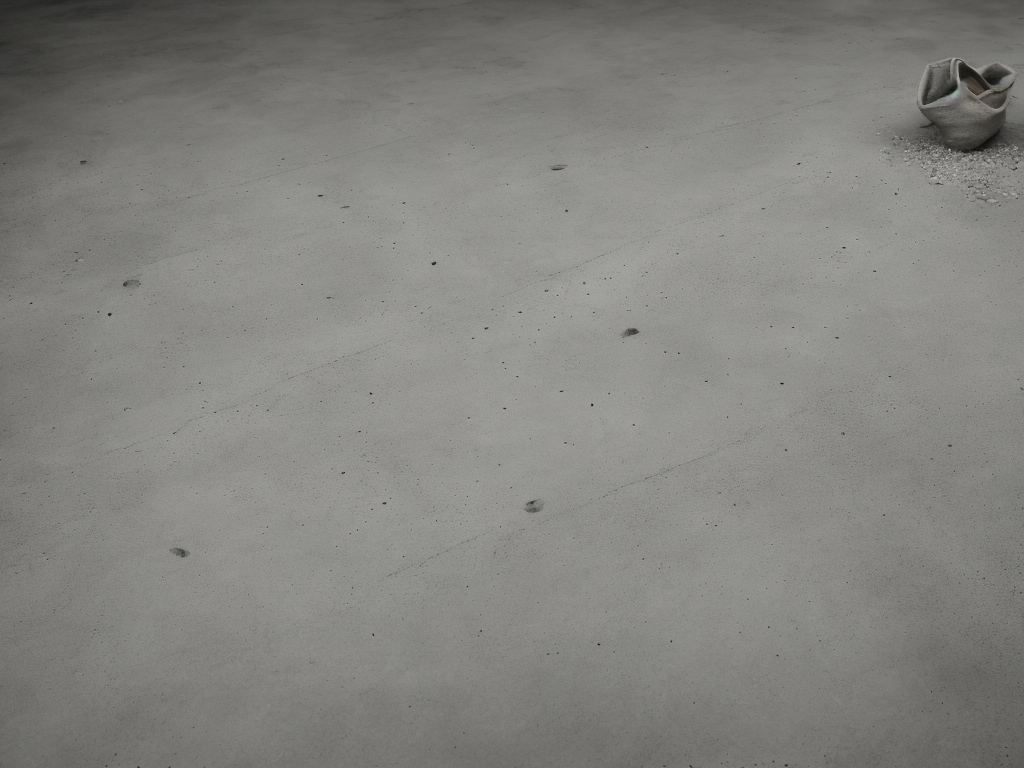
Concrete and cement are two terms that are often used interchangeably, but they are not the same thing. Cement is a component of concrete, but it is not the only component. Knowing the difference between the two can be helpful, particularly for those who work in the construction industry.
What is Cement?
Cement is a binding material that is used in the construction industry to hold together other materials like rock, sand, and water. The most common type of cement used is Portland cement, which is made by heating limestone and clay together at a very high temperature until they fuse into a substance that looks like gray powder.
Portland cement was first made in the 19th century by an Englishman named Joseph Aspdin, who named the substance after the city of Portland in England. Since then, it has become the most widely used cement in the world, and it is used in many different types of construction projects, from bridges and highways to buildings and homes.
What is Concrete?
Concrete, on the other hand, is a mixture of cement, water, sand, and other materials like gravel, crushed stone, or slag. These materials are mixed together in specific proportions to create a substance that is strong, durable, and able to withstand the rigors of construction.
Concrete is a versatile material that can be used for many different purposes, from making sidewalks and driveways to building walls and foundations. It can be molded into a variety of shapes and sizes, and it can be finished in many different ways to create a unique look and feel.
What is the Difference Between Cement and Concrete?
The main difference between cement and concrete is that cement is a component of concrete, but it is not the only component. Concrete is made by mixing cement with water, sand, and other materials, which can include different types of aggregates or fillers. The result is a strong and durable substance that can be used for a variety of construction projects.
Another difference between cement and concrete is that cement is a fine powder that is used as a binding agent, while concrete is a mixture of ingredients that includes cement, as well as other materials that give it the strength and durability needed for construction.
Cement is a specific product, while concrete is a generic term that can refer to a range of products that all share similar properties. Cement is used primarily as a binding agent for concrete, and it is not usually used on its own.
Finally, cement is typically sold in bags or bulk, while concrete is typically mixed on-site or brought in as pre-mixed ready-to-use batches. The process of mixing and pouring concrete requires specialized equipment and expertise, and it is not something that can be done by just anyone.
Why is it Important to Know the Difference Between Cement and Concrete?
Knowing the difference between cement and concrete is important for many different reasons, particularly for those who work in the construction industry. Understanding the properties and characteristics of each product can help builders and contractors choose the right materials for their projects, and it can help them avoid costly mistakes and errors.
For example, if a builder were to use too much cement in their concrete mix, the resulting mixture would be too brittle and would not have the strength and durability needed for construction. On the other hand, if they were to use too little cement, the resulting mix would be too weak and would not hold together properly.
By understanding the differences between cement and concrete, builders can create stronger, more durable structures that are able to withstand the stresses of construction and the elements over time. They can also save time and money by using the right materials for the job, and they can avoid costly mistakes that can lead to delays and other problems.
Conclusion
In summary, cement and concrete are two terms that are often used interchangeably, but they are not the same thing. Cement is a component of concrete, but it is not the only component. Understanding the differences between these two products is important for those who work in the construction industry, as it can help them choose the right materials for their projects and avoid costly mistakes and errors. Cement is a fine powder that is used as a binding agent, while concrete is a mixture of ingredients that includes cement, as well as other materials that give it the strength and durability needed for construction. By knowing the difference between these two products, builders can create stronger, more durable structures that are able to withstand the rigors of construction and the elements over time.
 Self-Instruct
Self-Instruct